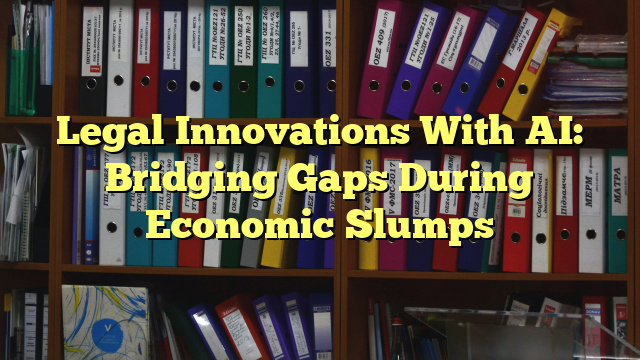Table of Contents
Legal Impacts of AI
Artificial intelligence (AI) has had a significant impact on various industries, and the legal sector is no exception. The introduction of AI technology has brought about numerous legal implications that need to be addressed. One of the key concerns is the ethical use of AI, particularly in decision-making processes. As AI algorithms become more sophisticated, there is a need to ensure transparency and accountability in their use.
AI also raises questions about data privacy and security. With the vast amount of data being processed by AI systems, there is a need for robust data protection measures to safeguard sensitive information. Additionally, AI can potentially disrupt traditional legal practices and raise concerns about job displacement.
How AI is Transforming the Legal Profession
The integration of AI technology in the legal profession has brought about significant changes. AI-powered tools and software can now perform tasks that were previously time-consuming and labor-intensive for lawyers. For example, AI can assist in legal research, contract analysis, and due diligence processes.
AI can also help improve the efficiency and accuracy of legal processes. By automating repetitive tasks, lawyers can focus more on strategic and complex legal issues. AI-powered tools can analyze large volumes of data quickly, identify patterns, and provide valuable insights that can assist lawyers in making informed decisions.
How AI Can Disrupt the Economy
The widespread adoption of AI technology has the potential to disrupt various sectors of the economy, including the legal industry. AI-powered tools can streamline processes, reduce costs, and increase productivity. However, this can also lead to job displacement as certain tasks traditionally performed by lawyers can now be automated.
AI can also disrupt the business models of law firms. With the automation of certain legal tasks, clients may opt for AI-powered solutions instead of traditional legal services. This can impact the revenue and profitability of law firms, forcing them to adapt and find new ways to provide value-added services.
How Generative AI Will Change the Law Firm Model
Generative AI, a subset of AI technology, has the potential to revolutionize the law firm model. Generative AI can create original content, such as contracts and legal documents, based on predefined parameters and templates. This can significantly reduce the time and effort required to draft legal documents.
With generative AI, law firms can automate document creation processes, allowing lawyers to focus on higher-value tasks. This can lead to increased efficiency, improved client service, and reduced costs. However, it also raises concerns about the quality and accuracy of generative AI-generated content, highlighting the need for human oversight and review.

